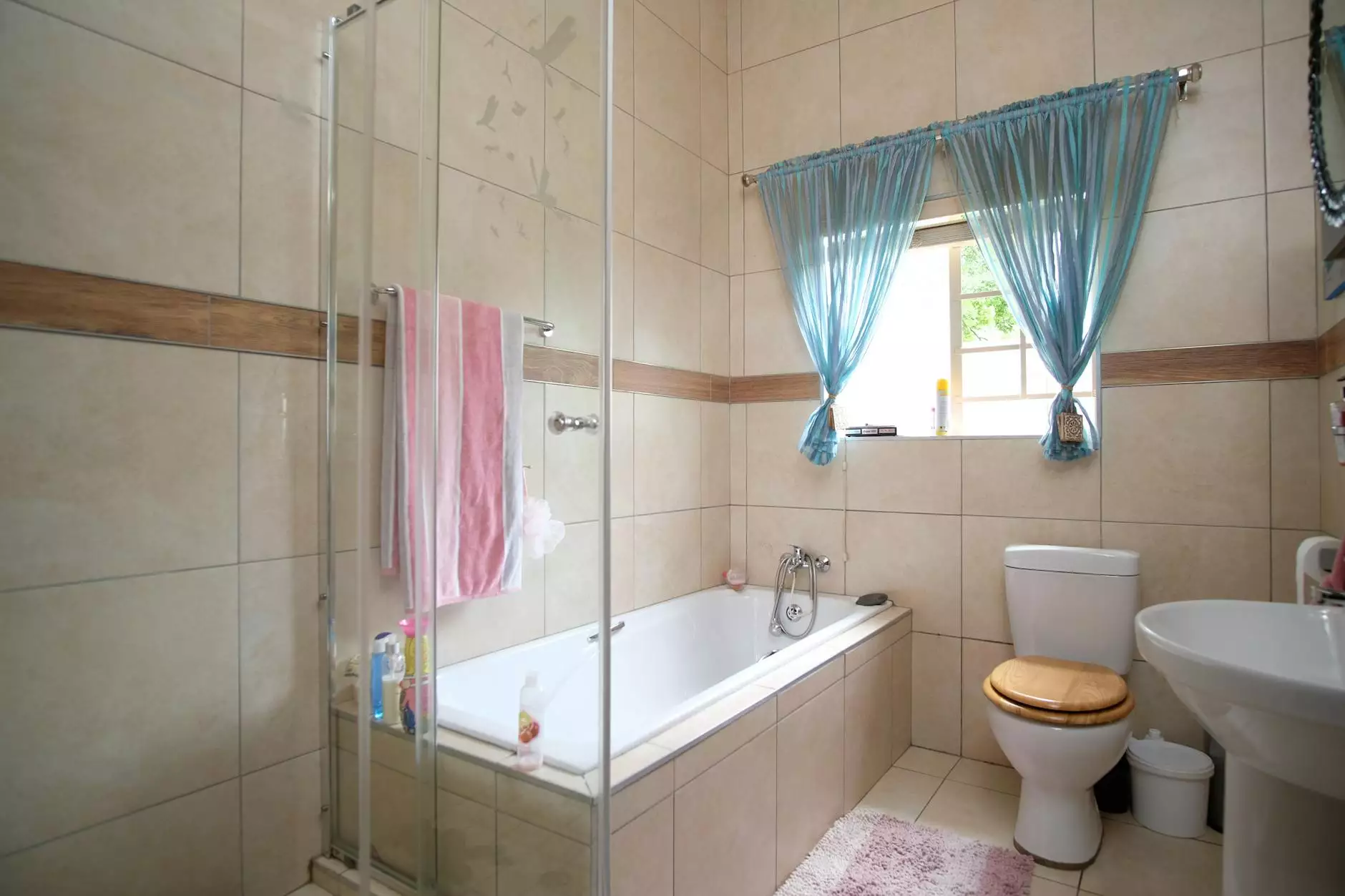Transforming Healthcare Facilities: The Importance of Expert Hospital Ventilation Systems in Swansea

In the realm of healthcare, the air we breathe plays a critical role in maintaining patient health and safety. That's why investing in hospital ventilation systems in Swansea is not just necessary; it's essential. The right ventilation system can accommodate the unique demands of medical environments, ensuring that hospitals remain a safe haven for healing and recovery.
Understanding Hospital Ventilation Systems
Ventilation systems in hospitals serve as the backbone of indoor air quality management practices. They are responsible for controlling the circulation of air, maintaining temperature, and regulating humidity levels throughout healthcare facilities. The significance of proper ventilation cannot be overstated:
- Enhanced Air Quality: Hospital ventilation systems actively filter and recycle the air, ensuring that harmful particles, bacteria, and viruses are minimized.
- Temperature Control: An effective system maintains patient comfort and protects sensitive equipment from temperature fluctuations.
- Infection Control: Proper air exchange rates can drastically reduce the risk of airborne infections, a critical factor when it comes to patient care.
- Compliance with Standards: Hospital HVAC systems must meet strict guidelines to ensure compliance with health and safety regulations.
The Components of Effective Hospital Ventilation Systems
Hospital ventilation systems typically consist of several key components including:
1. Air Handling Units (AHUs)
These units are responsible for regulating and circulating air throughout the facility. They filter, heat, cool, and dehumidify air before it enters exam rooms, operating theaters, and patient wards.
2. Ductwork
The network of ducts is crucial for the distribution of air. Properly designed duct systems minimize air resistance and ensure even airflow throughout all areas of the facility.
3. Exhaust Systems
Exhaust systems help remove stale air and airborne contaminants from critical areas such as operating rooms, thereby reducing the risk of infection.
4. VAV Systems
Variable Air Volume (VAV) systems automatically adjust the volume of air supplied to different areas based on demand, enhancing energy efficiency without compromising air quality.
Benefits of Optimized Hospital Ventilation Systems
Integrating advanced hospital ventilation systems designed specifically for healthcare settings offers numerous benefits:
1. Improved Patient Outcomes
Patients benefit from improved air quality, reduced airborne pathogens, and better temperature regulation. All of these factors contribute to shorter recovery times and improved health outcomes.
2. Enhanced Staff Productivity
Healthy air quality not only protects patients but also promotes the well-being of healthcare staff. When staff members work in a comfortable environment, their morale and productivity improve, leading to higher standards of patient care.
3. Energy Efficiency
Modern hospital ventilation systems are designed to be energy-efficient. With smarter technology and optimized components, facilities can save significantly on energy costs while maintaining high air quality standards.
4. Regulatory Compliance and Peace of Mind
Properly designed and maintained ventilation systems help hospitals adhere to stringent health and safety regulations. This compliance not only protects patients and staff but also enhances the hospital’s reputation in the community.
Choosing the Right Provider for Hospital Ventilation Systems in Swansea
When it comes to installing or upgrading hospital ventilation systems in Swansea, choosing the right service provider is crucial. Here are some factors to consider:
1. Experience in Healthcare
Ensure the provider specializes in healthcare HVAC services. They should have a proven track record of working with hospitals and understand the unique requirements involved.
2. Comprehensive Services
Look for a company that offers a full range of services, from design and installation to maintenance and repair. A provider like DW Air ensures that all aspects of the ventilation system are taken care of.
3. Advanced Technology
Modern ventilation systems rely on advanced technologies for optimum performance. Providers should offer the latest systems that meet energy efficiency standards while ensuring high air quality.
4. Customer Support
Choose a provider that offers excellent customer support. The complexity of hospital ventilation systems means that ongoing support is vital for maintenance and troubleshooting.
Conclusion: The Future of Hospital Ventilation Systems in Swansea
The importance of hospital ventilation systems cannot be overstated in today’s healthcare environment. As we continue to grapple with challenges related to air quality and infection control, investing in high-quality ventilation systems is more important than ever. With expert providers like DW Air in Swansea, healthcare facilities can enhance air quality, improve patient outcomes, and ensure compliance with health regulations.
In conclusion, as healthcare evolves, the role of ventilation systems will become even more critical. Embracing innovation and prioritizing air quality will not only benefit patients and staff but will also shape the future of healthcare delivery in Swansea.
hospital ventilation systems swansea








